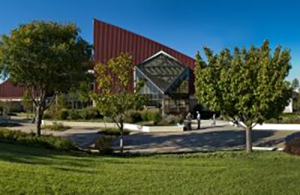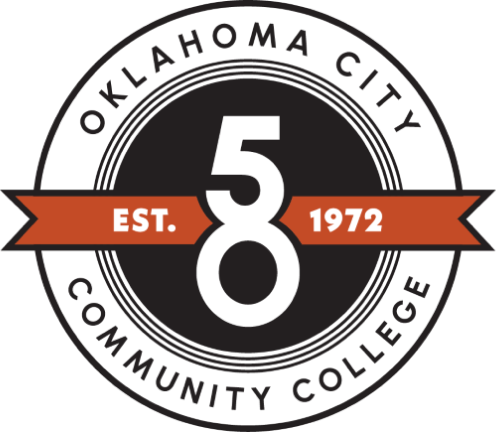Pandemic Checklists
Pandemic
- 2009 H1N1 Flu (Swine Flu)
- Basic Components of Pandemic Flu Planning
- Checklists
- Disease, Prevention, Preparedness
- Frequently Asked Questions
- Good Health Habits for Preventing the Flu
- Guillain-Barr Syndrome (GBS)
- H1N1 Influenza Vaccine FAQ’s
- Helpful Links
- Individuals & Families Planning
- Key Facts about Influenza (Flu) Vaccine
- Oklahoma State and Local Planning
- Oklahoma State and Local Planning & Response Activities
- Pandemic Flu Planning
- Ten things you need to know about pandemic influenza
- Terms and Facts
- The Great Pandemic of 1918
- What is a pandemic?
Checklists
Workplace
During an influenza pandemic, businesses and other employers have a key role in protecting employees' health and safety as well as limiting the negative impact to the economy and society. Planning for pandemic influenza is critical. Companies that provide critical infrastructure services, such as power and telecommunications, also have a special responsibility to plan for continued operation in a crisis and should plan accordingly. As with any catastrophe, having a contingency plan is essential. Learn more
Individuals & Families
It is important to know about the different flu viruses currently in circulation, their risks, and what you can do to protect yourself and the people you care for. There are everyday steps you and your loved ones can take to help protect yourselves against infection from flu viruses, and there are steps you should take if you become infected. Learn more
Schools
It is critical for schools to plan to prevent disease transmission and protect students and staff, as well as local communities, from flu infection. Depending on the timing and severity of a potential fall H1N1 wave, interventions could include: extra measures to ensure that commonly touched surfaces are disinfected, strict enforcement of exclusion policies for students and staff with flu-like symptoms, or extended school closures. In addition, because schools could be used as vaccine distribution locations, schools should consider how they might accommodate such requests. While all of us want to do all we can to keep students engaged in learning and maintain a sense of normalcy, we need to be ready for whatever the fall may bring. Learn more
Health Care
Health-care providers will play a crucial role in the event of a pandemic. Planning for pandemic influenza is key. Learn more
Community Organizations
Community strategies that delay or reduce the impact of a pandemic (also called non-pharmaceutical interventions) may help reduce the spread of disease until a vaccine is available.
CDC has issued guidelines on actions, designed primarily to reduce contact between people, that community government and health officials can take to try to limit the spread of pandemic flu.
Faith-based and community organizations will play an integral role in the event of a pandemic. Learn more









